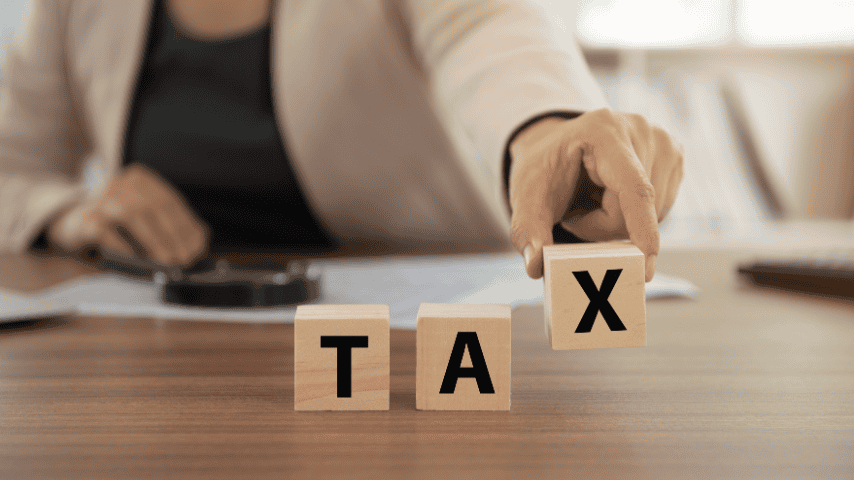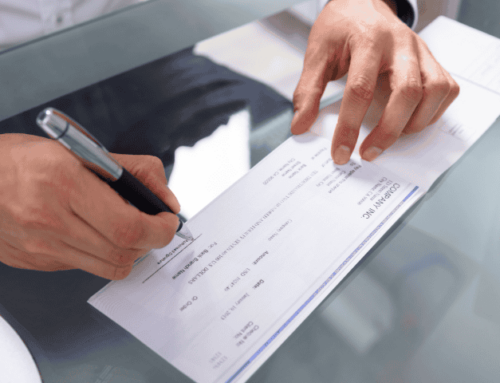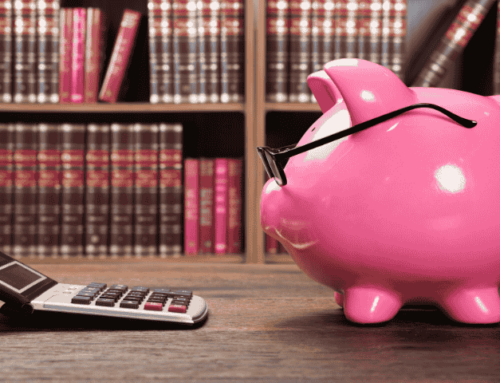How Tax Refunds Are Affected by Proposal or Bankruptcy Filing in Canada
In Canada, tax refunds can be a significant financial lifeline for individuals, providing a boost to their income or helping them settle outstanding debts. However, certain financial events, such as making a proposal or filing for bankruptcy, can impact the status of tax refunds. Let’s delve into how these situations influence tax refunds in Canada.
Proposal Filing:
When an individual or a business is facing financial challenges but wants to avoid bankruptcy, they may opt to make a proposal to their creditors. A proposal is a formal agreement negotiated between the debtor and their creditors, outlining a plan to repay a portion of the debts owed over a specified period.
Read more: What happens if I file for Personal Bankruptcy in Canada
Impact on Tax Refunds:
- Submission of Tax Returns: Regardless of a proposal filing, individuals are still required to file their tax returns annually. This includes reporting income earned during the taxation year.
- Refunds During Proposal: If a proposal is accepted by creditors, any tax refunds owed to the individual for the pre-proposal period may be considered as assets available for distribution among creditors and may be kept by CRA to apply against any amount owing at the date of filing. Refunds for post-filing periods revert back to the individual. In some cases, trustees may require individuals to surrender their tax refunds to contribute towards the proposal payments.
- Refunds After Proposal Completion: refunds revert back to the individual for any period after the proposal is filed.
Bankruptcy Filing:
Bankruptcy is a legal process designed to provide individuals and businesses with relief from overwhelming debt burdens by offering a fresh financial start. When someone files for bankruptcy, their assets, including potential tax refunds, become part of the bankruptcy estate, managed by a licensed insolvency trustee.
Impact on Tax Refunds:
- Filing Outstanding Tax Returns: Similar to proposal filers, individuals going through bankruptcy must still file their tax returns up to date, reporting their income as required by law.
- In the year of bankruptcy, the Trustee will file two returns – Pre and Post Bankruptcy returns.
- Treatment of Tax Refunds on the Pre or any period prior: Tax refunds that accrue before the bankruptcy filing date are generally considered assets of the bankruptcy estate. This means that the trustee is typically obligated to keep these refunds for the benefit of the creditors.
- If there is an amount payable on the Pre-Bankruptcy return, the amount will be included in the Bankruptcy filing.
- If there is a refund on the Post-Bankruptcy return, it will also typically kept by the Trustee.
- If there is an amount payable on the Post-Bankruptcy return, the individual will be responsible to pay it.
- Ater Discharge: Once an individual is discharged from bankruptcy, any tax refunds owed to them typically revert to the individual, as they are no longer considered part of the bankruptcy estate.
Read more:
Conclusion:
In both proposal and bankruptcy filings, the treatment of tax refunds depends on various factors, including the specific terms of the proposal, the timing of the refund, and the discretion of the trustee or creditors involved. It’s essential for individuals facing financial difficulties to seek professional advice from licensed insolvency trustees or financial advisors to understand how these processes may affect their tax refunds and overall financial situation. By gaining a clear understanding of their rights and obligations, individuals can navigate these challenging circumstances more effectively and work towards achieving financial stability.
For personalized guidance and support on managing debt and understanding tax refunds, contact Andrea Orr, a trusted licensed insolvency trustee. With Andrea’s expertise, you can take proactive steps towards reclaiming control of your financial future.









Leave A Comment
You must be logged in to post a comment.